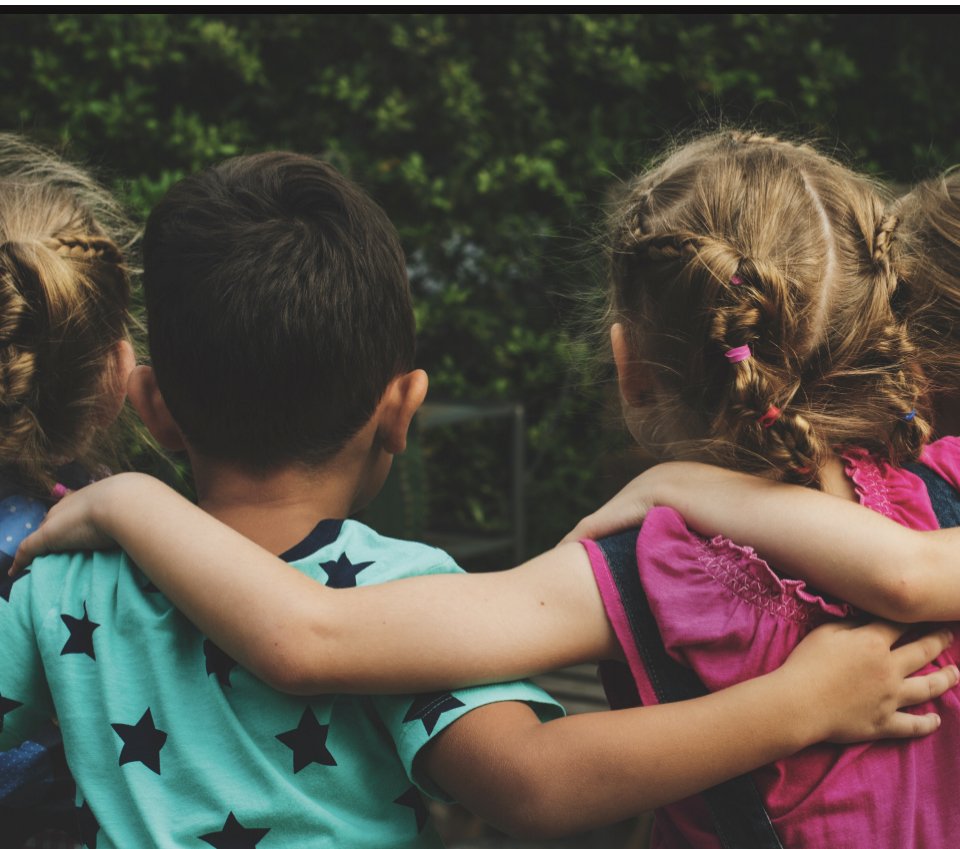
The National Family Violence Law Center is the first national organization to specialize in the intersection of adult and child abuse in the family and its implications for courts.
NFVLC provides pioneering quantitative and qualitative research, training and education, state and federal policy development and technical assistance, and selective litigation.
In this period, we have been receiving some questions about funding and want to let you know that the Center’s funding is secure. We do not receive federal grant dollars; the Center is supported entirely by private donations. Thank you so much to all who contribute! You make our important work possible!
Funding for VAWA Title XV The Keeping Children Safe from Family Violence Act (aka “Kayden’s Law”) was authorized by Congress in 2022. You can read the funding authorization details in the law here. Note that it is common that appropriations for federally authorized funding do not occur until (several) states have become eligible as set forth in the law.
Thank you for supporting our ongoing system change work at NFVLC for increased justice and protection for vulnerable children and their safe parents. You can make a contribution to National Family Violence Law Center at GW here!
The National Family Violence Law Center in Action
-

Research
The Center develops, disseminates, and promotes pioneering quantitative and qualitative research on key issues affecting gender-based violence and children’s safety in court.
-

Policy
The Center designs and promotes evidence-based policy proposals to overcome barriers and improve judicial outcomes for survivors of family violence.
-

Advocacy
The Center engages in selective federal and state policy work to implement child-protective measures by filing amicus briefs in the Supreme Court and other courts in high-impact litigation to advance legal precedent.
-

Education & Training
The Center offers public and professional education through in-person and online training, publications, media, and professional presentations.
Creating and Advocating for Laws that Protect Children and Families.
Creating and Advocating for Laws that Protect Children and Families.


